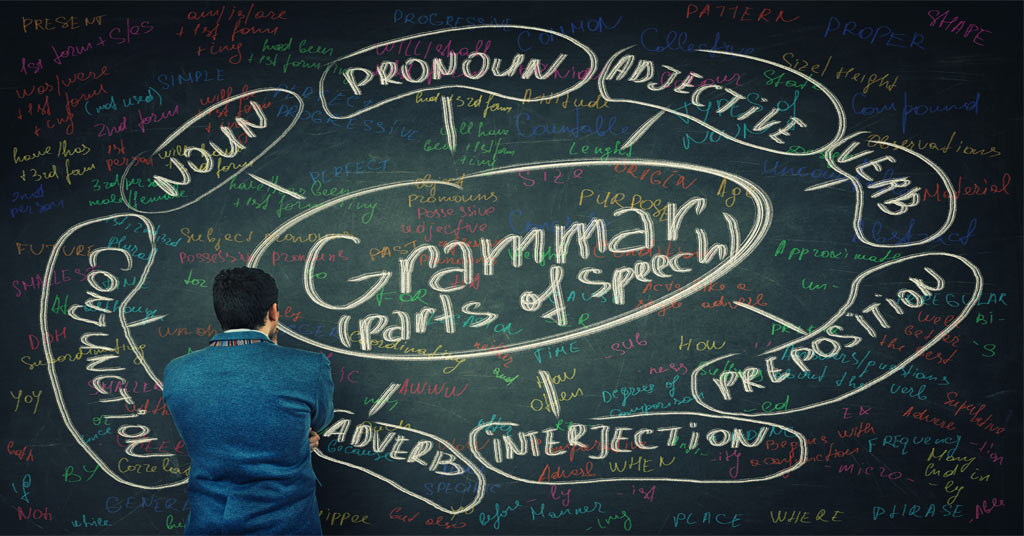Important SAT Update: Transition to Digital SAT
Effective December 3, 2023, the traditional paper-and-pencil format of the SAT has been discontinued. Starting in 2024, all students are required to take the Digital SAT, ushering in substantial changes in duration, format, material coverage, and question types. This shift to the Digital SAT represents a departure from traditional testing methods. It is crucial for students, educators, and test-takers to acquaint themselves with the new examination structure. Read more about the Digital SAT here.
What to expect from these questions
Your goal for these questions is to improve the consistency of verb tense. You need to evaluate the underlined portion of the text and determine that the verb tense does not vary.
If there is a variation in verb tense, you should evaluate the context to ensure that the variation is valid.
Here are the verb tenses you will encounter:
Simple past tense
This tense is used for completed actions. It is typically formed by adding -ed to a verb. Simple past tense should be easily recognizable if you are a native English speaker.
Examples: worked, studied, walked, ran, wrote
Past perfect tense
The past perfect tense is used for situations where two finished actions are described. The verb describing the first action uses this tense. The past perfect is recognizable by adding “had” to a past tense verb.
Example: By the time she went to bed, Sarah had studied six chapters.
Note that “had” is added to “studied” because studying took place before the other verb (“went”).
Present perfect tense
This tense is used to describe something that started previously and continues in the present. The present perfect is produced by adding “has” or “have” to a past tense verb. Indicators for the present perfect tense include words like “since” and “for.”
Example: Since she got home, Sarah has studied four chapters.
Conditional tense
This tense is used for events that could occur in the future. It is produced by adding “would” before the verb.
Example: Because of his work schedule, Jake said he would study later.
Future tense
This tense describes something that will happen in the future. The future tense is produced by adding “will” to the verb.
Example: After the soccer game, the team will meet in the locker room.
Present tense
This tense is used to discuss the events that are happening at the current moment. It is also used for factual statements. The present tense looks like “writes,” “studies,” and “works.”
Example: Jake works every day.
The present tense includes the present progressive tense, which is constructed by combining a version of “to be” with a gerund. The present progressive form looks like “is writing,” “am studying,” and “are working.”
Example: Sarah is writing about her travels.
Verbs That Operate as Nouns
- Gerunds are words that end in “-ing”.
- Infinitives are formulated by adding “to” to a verb.
Sometimes, infinitives and gerunds are interchangeable. If a gerund or infinitive is in question, you can test the accuracy of its use by swapping the gerund with an infinitive (and vice versa).
For example: Sarah wanted studying after school.
To fix this sentence, switch the gerund “studying” with the infinitive “to study”.
Correction: Sarah wanted to study after school.
You will likely be able to rely on what sounds right for gerund/infinitive errors.
Structure of Verb Tense and Form Questions
You should expect to identify errors in verb tense consistency in an underlined part of the text. If there is a variation in verb tense, look at the surrounding contexts to decide if the variation should be edited or left as is. Knowing the different verb forms can help you recognize these variations and make the proper adjustments for consistency.
You can practice recognizing errors in verb tense consistency on the Writing test by using UWorld’s SAT® Prep Course. The practice exams, detailed question explanations, and performance tracking tools will provide you with realistic experience and practice for test day. Try these tools out to perfect verb tense questions and boost your scores on the Writing section!




